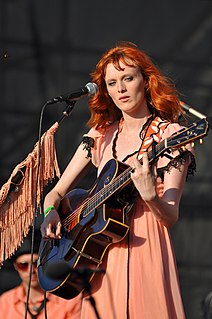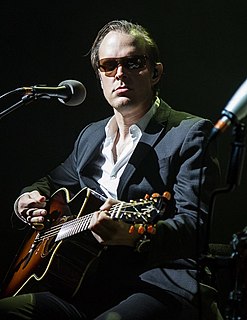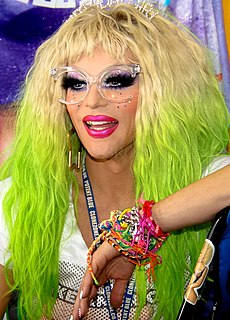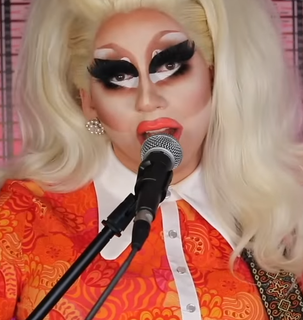A Quote by Edmund White
There are a lot of historical novelists who do the research about the clothes and maybe even the eating utensils, but they're basically taking modern people and putting them in old drag - it's sort of the 'Gone With the Wind' approach.
Related Quotes
I find it relatively easy to keep my clothes on because I don't really feel like taking them off. It's not an urge I have. For me, 'risky' is revealing what really happened in my life through music. Risky is writing confessional songs and telling the true story about a person with enough details so everyone knows who that person is. That's putting myself out there, maybe even more than taking my shirt off.
As a model I had a lot of success when I was 17 and 18 years old. It was before social media, before the world was what the world is, but even then it was terrifying, to be 18 years old and people knowing who you are, and I was this personality who was completely devoid of who I actually was. It was almost like being a manufactured boy band. You're sort of like a wind up doll; they wind you up and put you on the runway or something like that.
People love their animals so much so that they put little clothes on them and necklaces and booties and things like that. And if you love your animal, then you should feed them something that's not dangerous for them. There's a lot of poisonous stuff that they're putting in a lot of that food, those by-products.
Fashion museums think the more you know about the significance of clothes culturally, the more interesting they are. We certainly don't neglect the aesthetic aspects of clothes. But, I feel that what sets us apart from social, economic, and even aesthetic, or art historical context is that we are not only talking about clothes as kind of art objects created by an artist designer, but also we're talking about the various meanings that clothes have in the world, and how that changes and how we kind of create meanings around clothes.






































